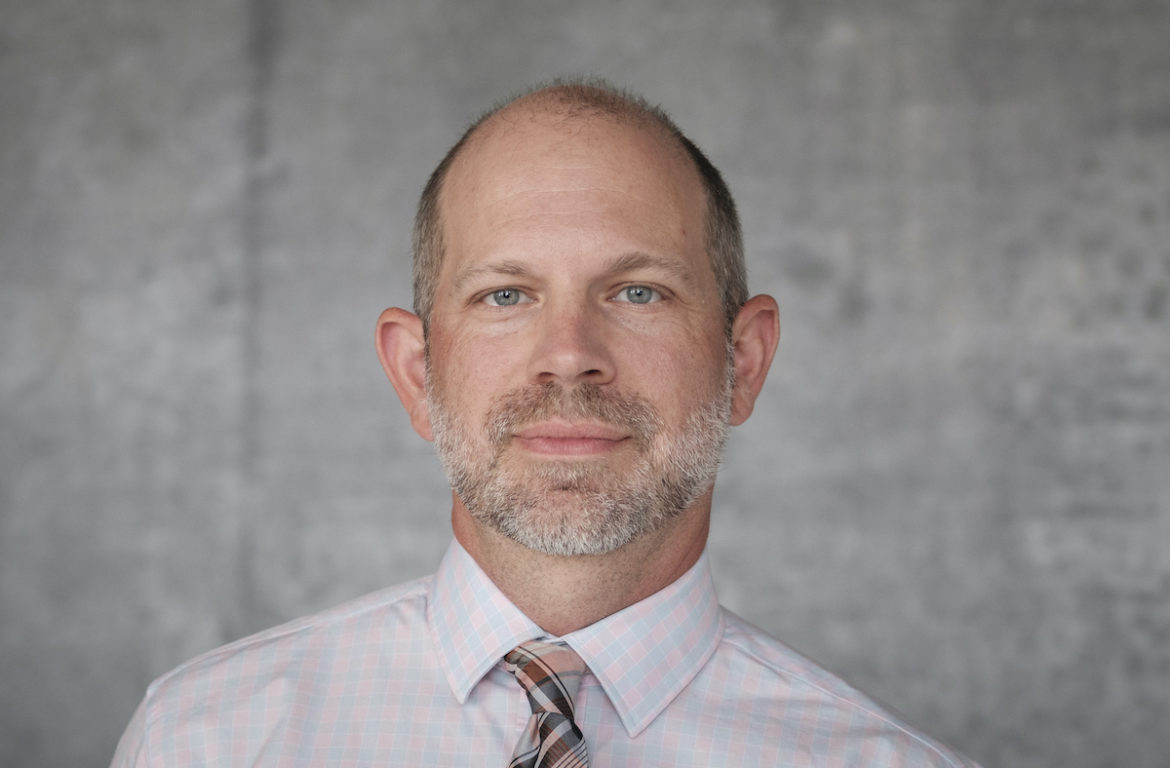 |
|
|---|
Sean Lorre is a musicologist, educator and content creator whose teaching focuses on the history of 20th century jazz, blues, R&B, hip-hop, country and rock ‘n’ roll. A self-confessed music nerd, he is currently working on a book about the emergence of the British R&B scene of the early 1960s.
How did you get into the industry?
I was in my first rock band in middle school – we called ourselves the Psychedelic Mailmen, I believe. We were, as you can imagine, terrible. In high school, I started taking music classes – everything the school offered, including AP music theory, music technology and an informal independent study in arranging. I was also in every performing ensemble – jazz band, marching band, wind ensemble, orchestra, choir – as well as extracurricular rock groups and jazz combos. I went to college knowing that I wanted to do “something in music,” but having no idea what I wanted that to be.
I was a good musician, but not amazing. At that point in my life, I lacked the discipline necessary to jump to the next level as a performer. I finished college with the same vague sense of direction. Following stints at tech startups and academic publishing, I finally realized that my calling was music history/musicology and teaching. A masters and a PhD later, I’ve been able to finally pin down my “something in music” career aspirations.
What does your current job entail?
“Musicologist,” at least in my experience, is a number of related gigs and responsibilities rather than a single job. I’m a lecturer for Rutgers-Newark and Rutgers’ Mason Gross School of the Arts, teaching jazz and popular music courses. My undergraduate teaching focuses on the history, appreciation and the cultural impact of 20th century jazz, blues, R&B, hip-hop, country and rock ‘n’ roll. I’ve also taught graduate seminars on the history of the blues, international jazz scenes, and the performance and politics of the voice in jazz singing.
Historical/archival research and writing is an important facet of what I do. I’m currently working on a book about the emergence of the British R&B scene of the early 1960s and have published articles on proto-ska and Ottilie Patterson, who was known as “Britain’s #1 blues singer” before the likes of Mick Jagger and Eric Clapton changed music forever. I recently started musicology consulting as well. Applying my analytical skill set and historical knowledge to current, real-world music industry concerns has been an exciting change of pace.
What does a typical day look like for you?
Most of my teaching is asynchronous, which means there’s a lot of flexibility in how I structure my time. Most mornings, I bounce between responding to grad student emails, grading, contributing to class discussion forums, and helping my eight year-old through virtual learning. Afternoons are typically dedicated to writing and consulting work, and I also moonlight as a high school Ultimate Frisbee coach.
What do you think are the most interesting developments in your area of the music industry or in your part of it?
I think we’re just starting to scrape the surface of online learning’s potential. It will never completely replace in-person interaction (nor should it), but it does allow students interesting and innovative ways of collaborating and lets teachers tailor content to a wide range of learning styles. And I know this may (and perhaps should) be controversial with many artists and audiophiles, but Spotify has been an incredibly useful tool for teaching music in a virtual environment.
“I think we’re just starting to scrape the surface of online learning’s potential.”
What’s been the most unexpected thing about the job?
The level to which I’ve been able to connect with some of my students. I’ve had a few students in my gen-ed electives drop by during office hours to say, “I didn’t think I would, but I really love this class. How can I do what you do for a living?” I expect that sort of eagerness from grad students, but when a public relations major starts rethinking their life goals after taking History of Rock ‘n’ Roll, that really surprises me.
My mission as a teacher and historian is to better understand the world in which this amazing music came about, with all its stickiness, complexity and contradictions. Many of my classes are histories of American racial politics and racism, capitalism and oppression, music as art as well as music as business/commodity. They just happen to have great soundtracks. I guess that really appeals to a certain type of person.
What’s the coolest project you’ve ever done?
I get to think, teach and write about great music for a living, so there are a lot of cool moments. Researching my book has definitely been a highlight. There’s something magical about immersing yourself in the sounds, stories, press clippings, and eyewitness reports of a groundbreaking musical moment, or at least there is for a professional music nerd like me. Perhaps more than anything, I love to pull apart a recording/composition (whether it be a single, album, sonata or symphony) to see what makes it tick, to try to understand the choices that the composers and musicians made. (Did I mention I’m a music nerd?) I was also part of the selection committee for a Rock ‘n’ Roll Hall of Fame lecture series for a few years. That was a lot of fun.
“I get to think, teach and write about great music for a living, so there are a lot of cool moments.”
What’s the best piece of advice you’ve ever gotten?
I used to say it was “never say no,” but, to be honest, I don’t believe that anymore. Even pre-pandemic, we were living in a world where we are constantly pulled in a million directions. Now I operate by a more nuanced, if less pithy creed: “Always say yes to opportunity, unless it is clear that the effort does not equal the potential reward (be it financial, personal, ethical, etc.) or it sucks too much bandwidth away from the more important things (family, friendship, health).”
What’s on your playlist at the moment?
Spotify tells me I listened to a lot of Margo Price, the Wood Brothers and Alabama Shakes in 2020, which definitely checks out. Teaching about jazz vocalists this past spring brought Nina Simone and Anita O’Day back on the radar. Brittany Howard’s Jamie is definitely my favorite new album at the moment. It’s the total package and, with nods to R&B, alt-rock, funk, Americana and hip-hop, ties together my diverse listening interests. Taylor Swift’s latest releases have been the musical surprise of the year for me, especially folklore’s “the last great american dynasty.” I never thought I’d say those words. Ever. But that’s 2020 for you.
What’s getting you through lockdown?
In no particular order: Family. Beer. Good records. Hope.
“In the coming months there’s real opportunity to move forward in a more equitable, just and responsible way.”
Do you have any predictions or hopes for the future of the industry?
I’ve given up on predictions. My hopes for the industry are about the same as my hopes for the world at large: that we can all get back on our feet in 2021, but don’t fall into the trap of “going back to the way it was.” Too much of the old normal was really f*cked up. I’m afraid we are going to squander it, but with so much to “restart” in the coming months there’s real opportunity to move forward in a more equitable, just and responsible way.
